Building Inclusive Healthcare for LGBTQ Communities
LGBTQ individuals often face significant barriers to receiving equitable and compassionate healthcare.


LGBTQ individuals often face significant barriers to receiving equitable and compassionate healthcare. Discriminatory laws, a lack of culturally competent providers, and social stigma create an environment where LGBTQ patients are frequently underserved.
Finding LGBTQ-affirming providers is challenging since many online provider directories don’t include an indication of whether a clinician is LGBTQ friendly.
The shortage of providers who understand LGBTQ-specific health needs can result in negative healthcare experiences, discouraging many from seeking care. Studies indicate that LGBTQ individuals are more likely than their peers to delay medical attention due to fears of discrimination.
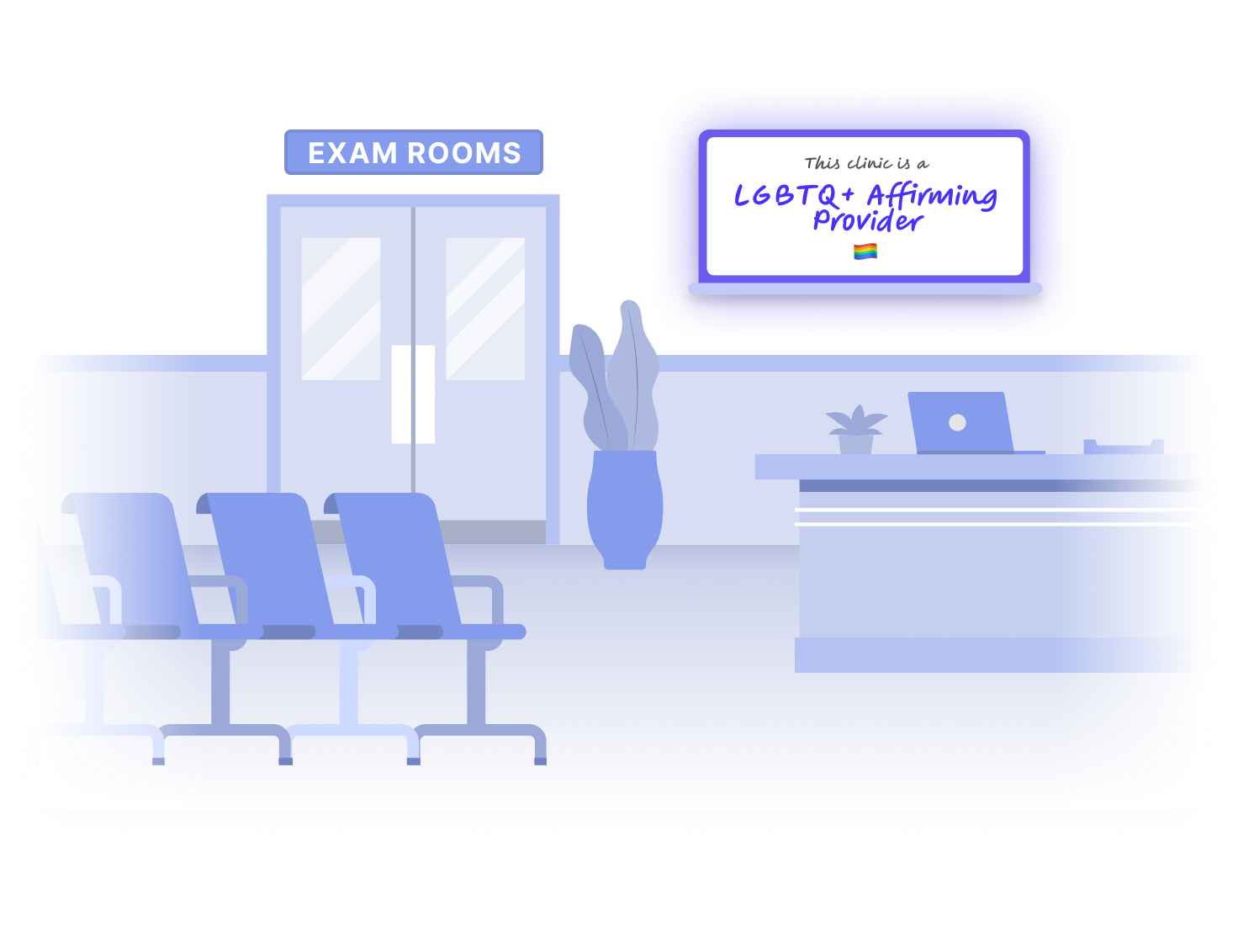
Legislative Impacts on Care Accessibility
State legislation significantly shapes healthcare access for LGBTQ individuals, with protections in some states contrasting starkly with restrictions in others. States like California and Colorado have implemented protective non-discrimination laws, creating safer, more inclusive healthcare environments that correlate with reduced healthcare avoidance among LGBTQ individuals. Six states have enacted laws protecting families seeking gender-affirming care for their children. Illinois has introduced bills linking reproductive rights with protections for transgender healthcare, underscoring a commitment to upholding healthcare rights for LGBTQ individuals.
In contrast, states such as Florida, Mississippi, and Tennessee have enacted laws that permit discrimination against LGBTQ individuals in healthcare. Many states have banned gender-affirming care for minors. The increasing number of anti-LGBTQ bills introduced since 2015 represents a legislative trend toward restricting LGBTQ rights. In 2023, there was a record number of such proposals affecting healthcare, education, and public services. The Supreme Court will rule on the constitutionality of these laws in the current term.
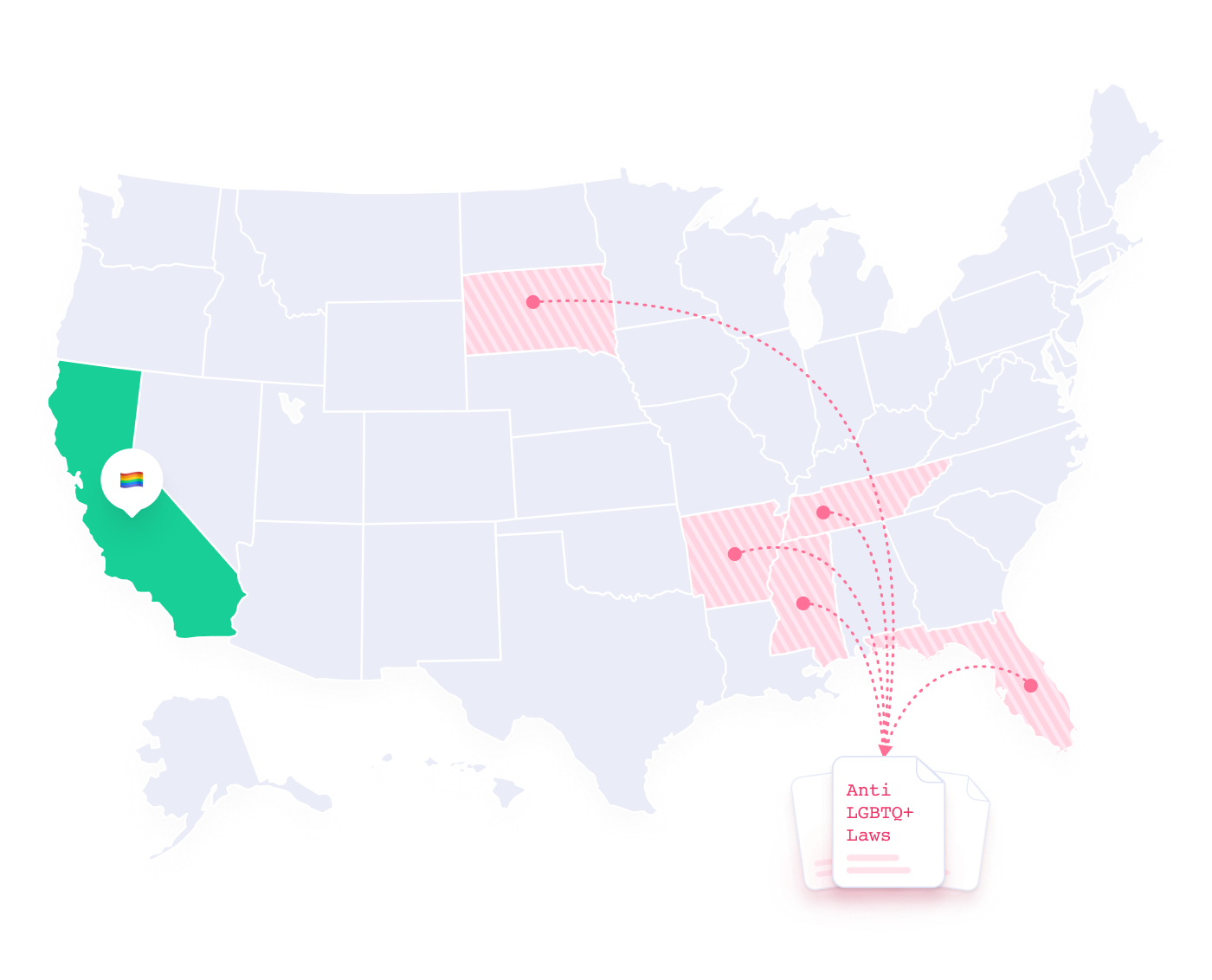
Geographic Impacts on Access
Healthcare for LGBTQ individuals is particularly limited in rural areas with fewer available providers. Only 11% of physicians serve rural communities, though nearly 20% of Americans live there. This shortage, combined with a lack of LGBTQ-specific training and familiarity among healthcare providers, creates significant access gaps. Studies show that LGBTQ individuals in rural settings face higher levels of discrimination and have fewer options for specialized services compared to their urban counterparts. This geographical isolation, coupled with limited resources, exacerbates healthcare disparities, with rural LGBTQ individuals experiencing poorer health outcomes due to delayed care.
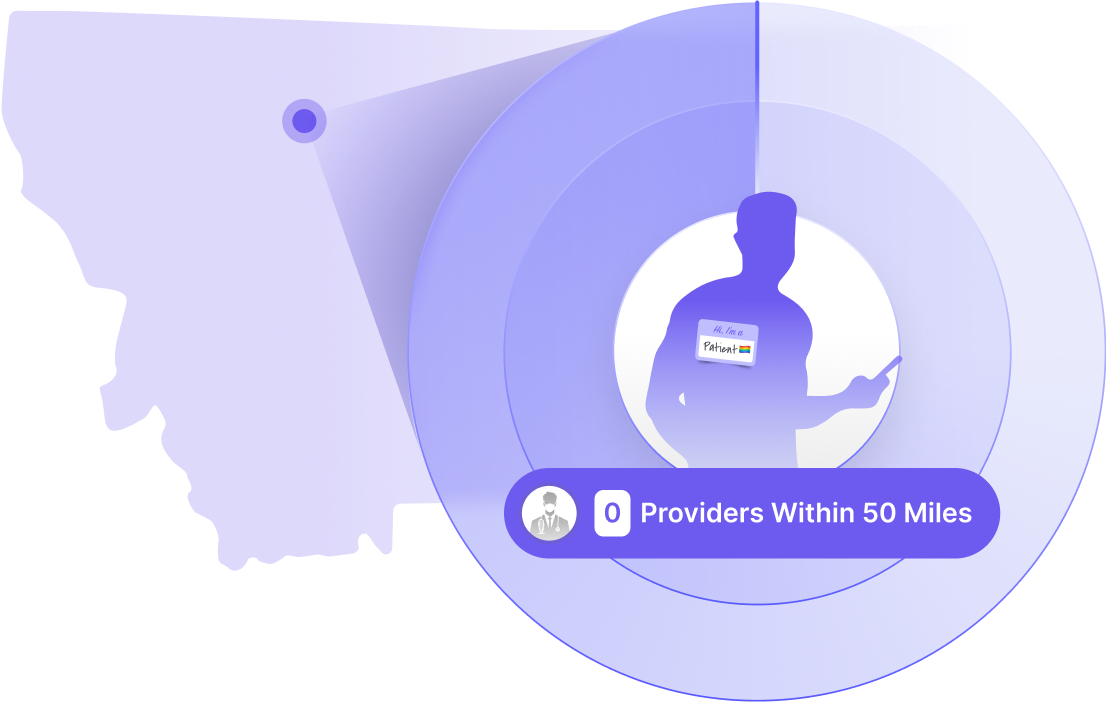
Health Disparities within LGBTQ Communities
Systemic discrimination contributes to a range of health disparities in LGBTQ communities. In the mental health sphere, LGBTQ individuals, especially youth, report significantly higher rates of anxiety, depression, and suicidal ideation. Studies indicate that LGBTQ youth are four times more likely than their peers to consider suicide; 39% of LGBTQ youth and 46% of transgender and nonbinary youth reported serious consideration in the past year.
LGBTQ communities also face higher rates of substance use disorders. In 2023, 26% of LGBTQ students reported recent alcohol use, 25% reported marijuana use, and 18% reported misusing prescription opioids. National surveys indicate lower substance use rates among the general student population.
Finally, LGBTQ individuals are at higher risk for chronic illnesses, including cardiovascular disease and cancer. Contributing factors include stress, lack of regular screenings, and delayed care due to fear of mistreatment.
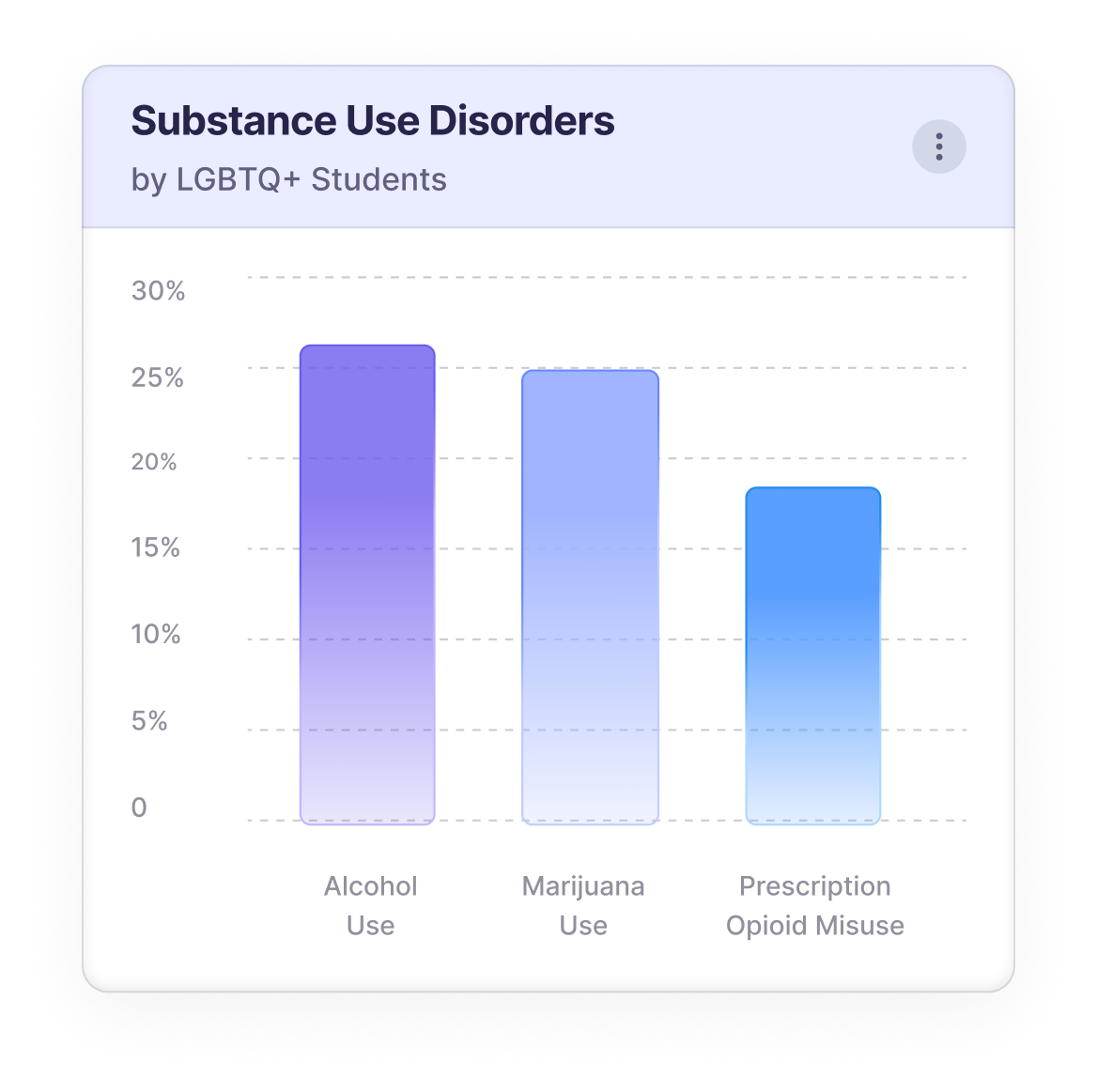
Candor Health Helps Identify Affirming Healthcare Providers
Research shows that inclusive healthcare environments encourage preventive care and follow-up visits, leading to better health outcomes. Candor Health’s platform empowers organizations to address critical gaps in healthcare by building trust with LGBTQ+ patients from the outset. An LGBTQ+ friendly indicator in the provider directory enables patients to confidently identify affirming providers, ensuring they receive respectful, understanding care.
Candor has identified more than 10,000 affirming providers—including physicians, nurses, and behavioral health specialists—that support a welcoming experience, promoting continuity of care and strengthening patient trust.
Not all providers are LGBTQ-friendly, but it’s time to be candid about the ones who are. This is where Candor Health can help. For more information or to request a demo, contact us.
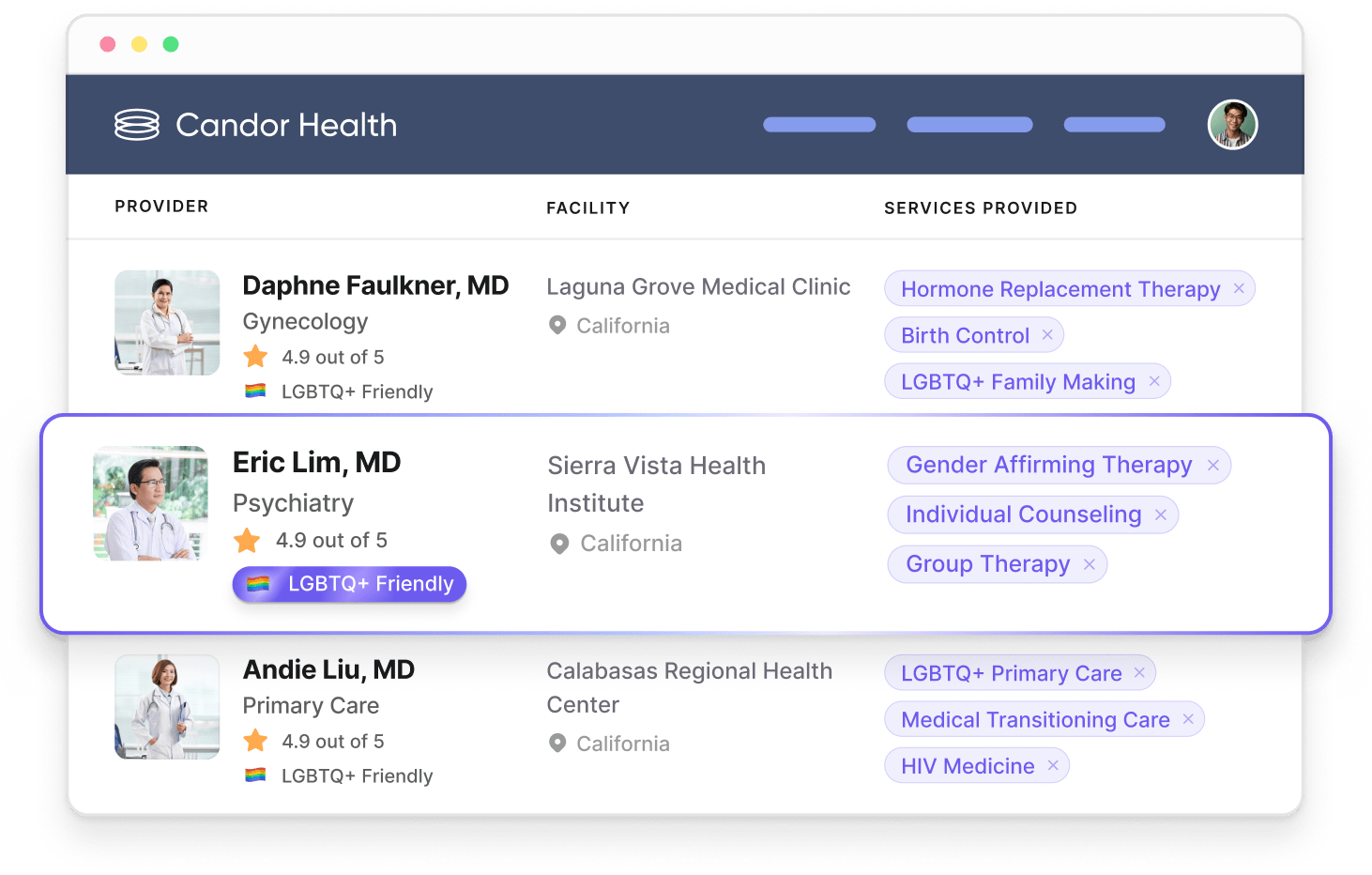
More Posts
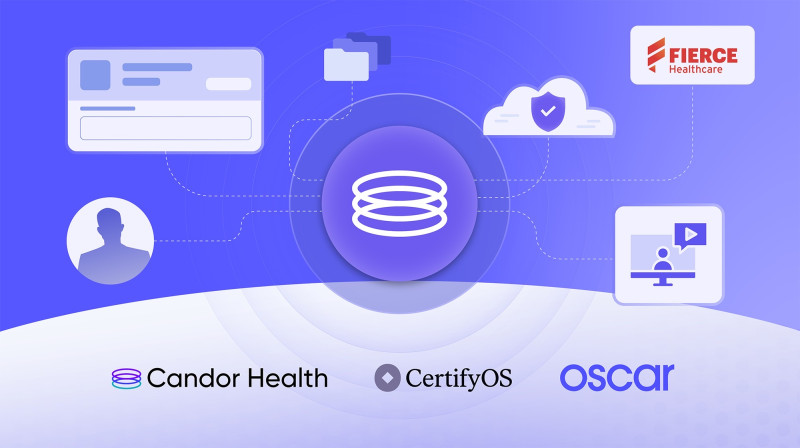
Webinar Roundup: Four Takeaways for Smarter Provider Data Systems

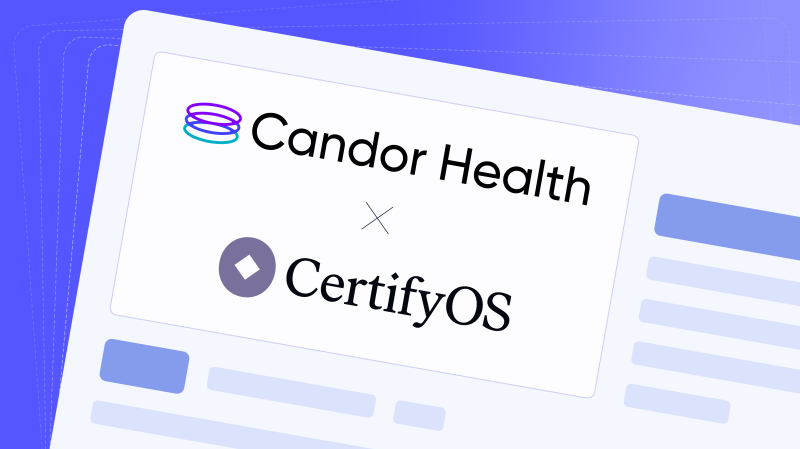
CertifyOS Announces Partnership with Candor Health
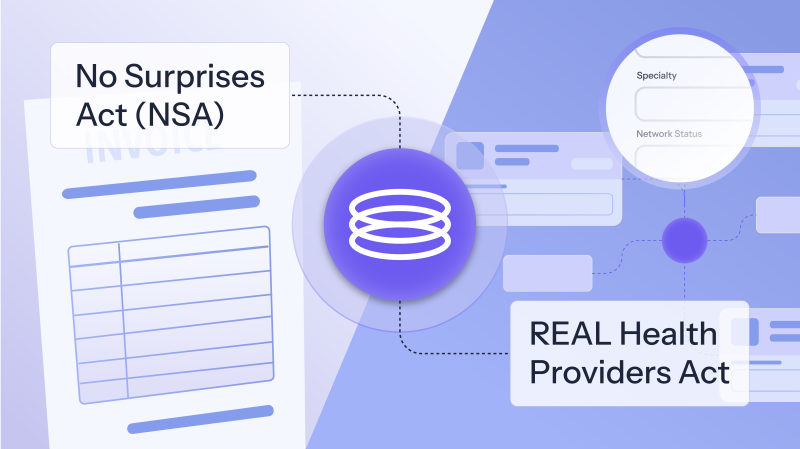
Understanding the REAL Health Providers and No Surprises Acts
